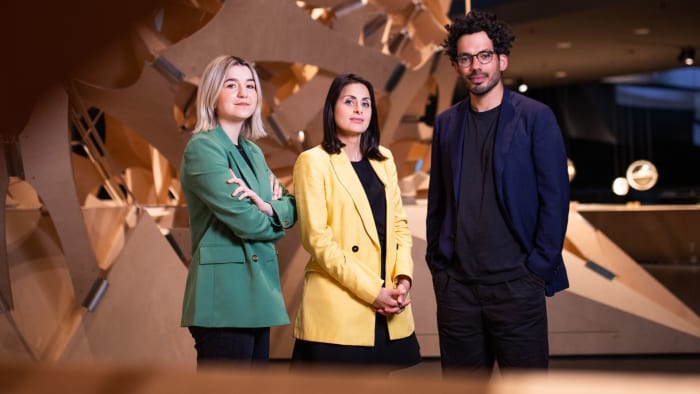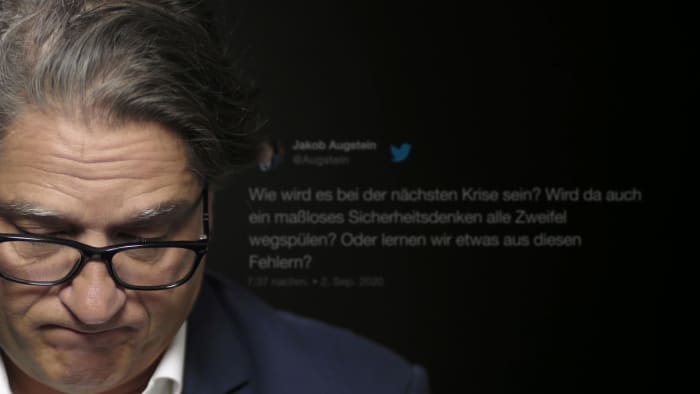In emotional debates, statements often trigger waves of indignation. People with a migration background, blacks, women and queer people, on the other hand, criticize the lack of participation, exclusion, discrimination and threats - often with a view to their own life reality. Others complain that terms used in the debate, such as "old white man" or "white privilege," are themselves exclusionary and discriminatory. Whereas in the 2000s, questions about a "Leitkultur" (guiding culture) were discussed above all, minoritized groups are now speaking out more frequently themselves to draw attention to experiences and structural slants. One term is causing a stir: "identity politics.
Is a change in identity taking place right now? And with it a search for a new cultural self-image? Is the strength of a society measured by how much disagreement it can withstand? Are new rules of the game needed for discourse? Is it really a matter of generational conflict? And: What does all this say about the present Federal Republic - and its future?
To find answers to these questions, publisher and journalist Jakob Augstein embarks on a film-essay journey through Germany. He meets people who play central roles in the debate and help shape this country. He also wants to find out why the identity debate is being conducted so passionately right now. Gesine Schwan, SPD politician and chairwoman of the SPD's Basic Values Commission, Green politician and vice president of the Schleswig-Holstein state parliament Aminata Touré, Munich journalist Malcolm Ohanwe, political scientist Wolfgang Merkel and author, entrepreneur and CDU member Diana Kinnert have their say.
The film by Jakob Augstein and Paul Wiederhold explores the question of whether the sometimes irreconcilable debate threatens to lead to a fragmented society in which loudly formulated particular interests prevail - or whether German society is on the way to a new identity.



